Global Cancer Research and Control Seminar Series 2025 (Past Webinars)
Past Webinars
(Displaying 1 - 10 of 31)2026
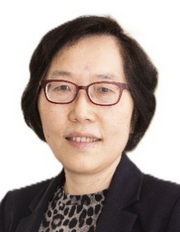 Xiao-Ou Shu, M.D., Ph.D., Associate Director for Global Health & Professor of Medicine
Xiao-Ou Shu, M.D., Ph.D., Associate Director for Global Health & Professor of Medicine
Vanderbilt Ingram Cancer Center & Vanderbilt University Medical Center
Xiao-Ou Shu, M.D., Ph.D., is a chronic disease epidemiologist at Vanderbilt University School of Medicine. She serves as Co-Leader of the Cancer Epidemiology Program and Associate Director for Global Health at the Vanderbilt-Ingram Cancer Center.
An elected Fellow of the American Association for the Advancement of Science (AAAS) and the American College of Epidemiology, Dr. Shu is also a member of the American Epidemiological Society. Since 1996, she has maintained continuous funding from the National Institutes of Health, leading more than 26 major research projects and five training grants. Her research explores how environmental exposures, lifestyle factors, and genetic susceptibility influence disease, particularly cancer risk and outcomes. She also focuses on biomarker discovery through multidisciplinary approaches. Dr. Shu earned her M.D. and M.P.H. from Fudan University Shanghai Medical School and her Ph.D. in epidemiology from Columbia University in New York.
Abstract
Cancer is one of the leading causes of death worldwide, impacting millions across all regions and demographics. Global cancer research is vital to reducing this burden. In this seminar, Dr. Shu will highlight how international collaboration accelerates scientific discovery by leveraging diverse genetic profiles, environmental exposures, and lifestyles. Such cooperation enhances scientific rigor, addresses disparities in cancer incidence and care, and ensures that advances benefit patients everywhere.2025
Nirmala Ramanujam, Ph.D., Director, Center for Global Women's Health Technologies
Duke University
Nirmala “Nimmi” Ramanujam, Ph.D., is the Robert W. Carr Jr. Distinguished Professor of Biomedical Engineering and a Professor of Cancer Pharmacology and Global Health at Duke University. In addition to serving as the Director of the Duke Center for Global Women’s Health Technologies, Dr. Ramanujam founded the Center in 2013 to catalyze impactful research and educational and community outreach activities that promote women’s health. She is recognized for creating globally accessible technologies for women’s health related to cancer screening, diagnosis, and treatment.
In 2023, Dr. Ramanujam was awarded the IEEE Biomedical Engineering Technical Field Award, given annually for outstanding contributions to the field of biomedical engineering. In 2019, she received the Social Impact Abie Award from AnitaB.org for making a positive impact on women, technology, and society. She was also elected as a Fellow of the National Academy of Inventors in 2017. Dr. Ramanujam created the Calla Health Foundation to commercialize her technologies, in addition to a number of other initiatives and consortia–including WISH, (In)visible Organ, and IGNITE–that have far-reaching impact on cervical cancer, reproductive health, and engineering design education.
Abstract
This seminar will examine the intersection between the global burden of cancer, health inequities, and technology innovation. In the 21st Century, cancer has been a significant health and developmental challenge, contributing to suffering around the world. Like other noncommunicable diseases, cancer has created enormous health disparities. Today, it disproportionately affects populations in low- and middle-income countries, which account for the vast majority of cancer deaths. Using cervical cancer as a case study, Dr. Ramanujam will discuss how new biomedical engineering solutions can extend the reach of health care to a broader, more diverse population and explain how these innovations can be disseminated for broad impact. Mariana Chavez Mac Gregor, M.D., M.Sc., Professor
Mariana Chavez Mac Gregor, M.D., M.Sc., Professor
The University of Texas MD Anderson Cancer Center
Mariana Chavez Mac Gregor, M.D., M.Sc., FASCO, is a Medical Oncologist with a clinical practice dedicated to caring for patients with breast cancer. She is a Professor at The University of Texas MD Anderson Cancer Center, where she holds a primary appointment in the Health Services Research Department and a joint appointment in the Breast Medical Oncology Department. After finishing medical school at the Universidad Nacional Autónoma de México, Dr. Chavez Mac Gregor obtained an M.S. in clinical epidemiology at the Netherlands Institute for Health Sciences. She completed her clinical residency in internal medicine at Washington University School of Medicine, followed by a clinical fellowship in medical oncology at The University of Texas MD Anderson Cancer Center.
In addition to being an active and compassionate clinician, Dr. Chavez Mac Gregor is committed to an academic career. Her research program focuses on studying patterns of care, outcomes, and disparities. She has extensive experience evaluating cancer care delivery, toxicities, and complications of cancer treatment. Additionally, she has been involved in planning, designing, and implementing clinical trials, and is an active member of SWOG, an NCI-funded cancer research network, currently serving as the Executive Officer for International Affairs. She has received several awards, including the SWOG Young investigator award and the Multinational Association of Supportive Care in Cancer Young Investigator Award. Dr. Chavez Mac Gregor received the Achievement in Clinical Research Award from the American Society of Clinical Oncology (ASCO), was honored with the MD Anderson Faculty Scholar Award, and was recently named a Susan G. Komen Scholar. She has served in several roles for ASCO and currently serves on the board of directors. Dr. Chavez Mac Gregor is an internationally recognized breast cancer expert who has written more than 150 articles, review articles, invited commentaries, and book chapters related to breast cancer.
Abstract
In this seminar, Dr. Chavez Mac Gregor will provide an overview of the SWOG Cancer Research Network’s strategic expansion into Latin America, highlighting the history, goals, progress, and impact of the SWOG Latin America Initiative. She will outline the importance of extending SWOG’s collaborative clinical trial network to Latin American institutions, emphasizing the scientific, clinical, and educational impact associated with this international outreach. Dr. Chavez Mac Gregor will also describe key barriers to activating and sustaining clinical trials in the region, including regulatory, logistical, and resource-related challenges, and discuss future strategies to increase trial access and strengthen global oncology research.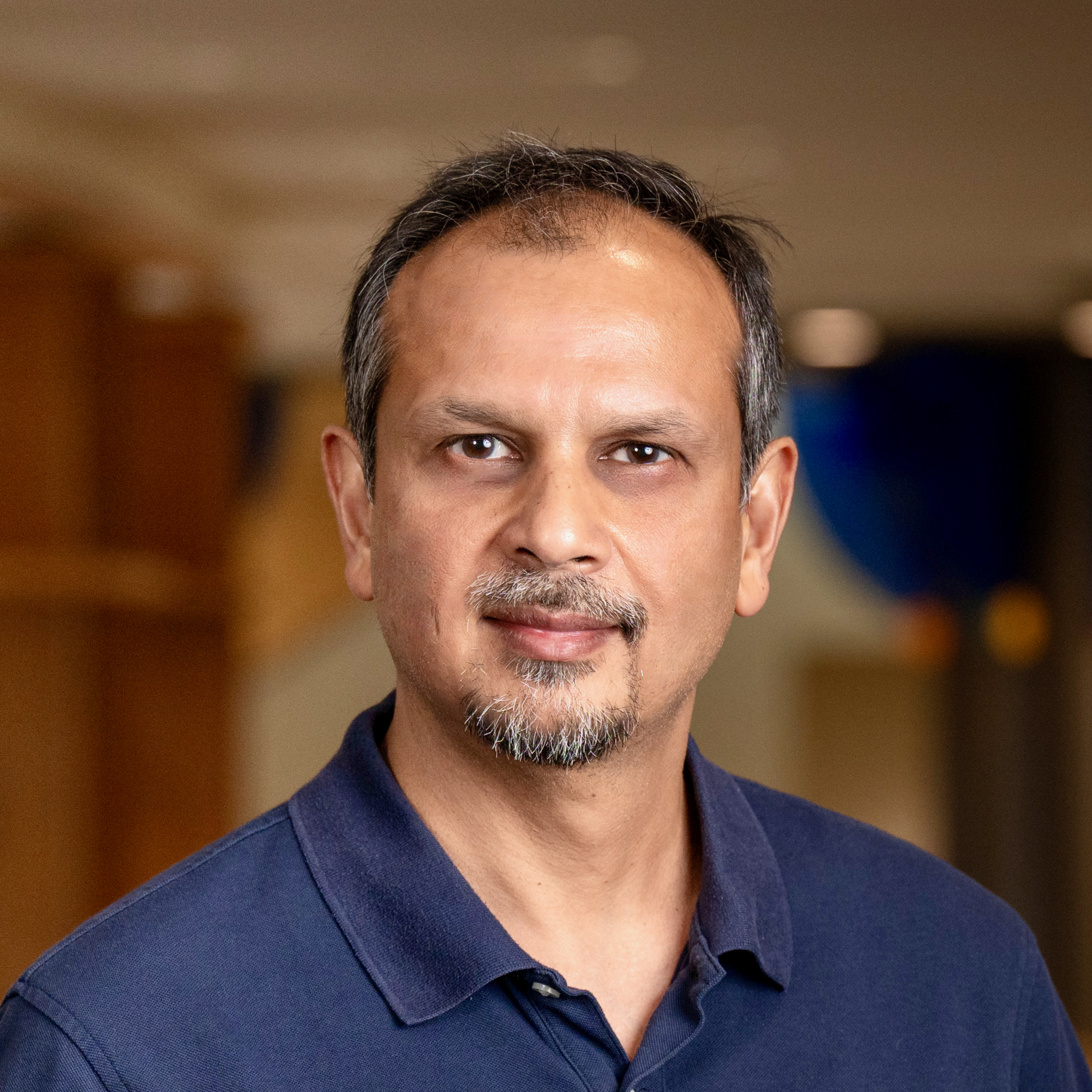 Ritesh Mistry, Ph.D., M.P.H., Associate Professor of Global Public Health
Ritesh Mistry, Ph.D., M.P.H., Associate Professor of Global Public Health
University of Michigan
Ritesh Mistry, Ph.D., M.P.H., is a tenured Associate Professor of Global Public Health and Health Behavior and Health Equity at the University of Michigan. He has led public health research projects in the United States and internationally for many years. Dr. Mistry’s research addresses health risk behaviors, particularly those associated with cancer and chronic disease risks, such as tobacco use. He has studied tobacco use in families, adolescents, young adults, and reproductive-aged patients. Dr. Mistry’s key focus is on policy and environmental influence on health behaviors. His research has been funded by the National Institutes of Health, the Centers for Disease Control and Prevention, the U.S. Food and Drug Administration, the Agency for Healthcare Research and Quality, the Fulbright Program, and the California Tobacco-Related Disease Research Program.
Abstract
India has one of the highest tobacco-related morbidity and mortality burdens worldwide. Adult use rates are exceptionally high, with smokeless tobacco use rates higher than smoking rates. Tobacco is smoked, chewed, and applied, and consists primarily of local products (bidi, cigarettes, pan masala with tobacco, khaini, gutkha, snuff, etc.). More than half of the adults who use tobacco in India started during adolescence or early adulthood. Thus, preventing and curbing youth tobacco use rates is a public health priority. To address the tobacco-related population health burden, the Government of India enacted the Cigarettes and Other Tobacco Products Act (COTPA) in 2003, with many amendments since. This presentation will characterize the neighborhood tobacco environment of adolescents in India regarding tobacco retail access, promotion, and COTPA compliance. It will also examine the association between these neighborhood tobacco environmental factors and the risk of tobacco use in adolescents.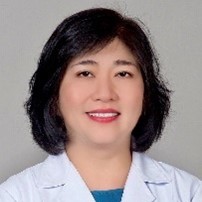 Tran Thanh Huong, M.D., Ph.D., Vice Director
Tran Thanh Huong, M.D., Ph.D., Vice Director
Vietnam National Cancer Institute
Tran Thanh Huong, M.D., Ph.D. received her M.D. from Hanoi Medical University in 1996 and Ph.D. in psychosocial medicine from Karolinska Institutet, Sweden in 2006. Dr. Huong acts as Vice Director of the Vietnam National Cancer Institute and chairs the Department of Bioethics and Health Psychology at Hanoi Medical University. She is also the Director of the Bright Future Fund, a charity organization supporting cancer patients in Vietnam.
Dr. Huong has extensive expertise in developing, evaluating, and building capacity to identify risk factors for cancer and other noncommunicable diseases. She helped coordinate a joint project between the Vietnam National Cancer Institute and Vanderbilt University, aiming to improve strategies for, and education around, breast and cervical cancer control in Vietnam. She also runs several programs to promote the need for more accessible medicine for cancer patients. Recently, Dr. Huong has coordinated a National Cancer Control Program; Cancer Registry; and developed Bachelor’s curriculum on social work in medical settings and clinical psychology. She plans to build on this work and integrate her expertise in evidence-based practices for cancer care. Dr. Huong has published more than 130 scientific papers in national and international peer reviewed journals.
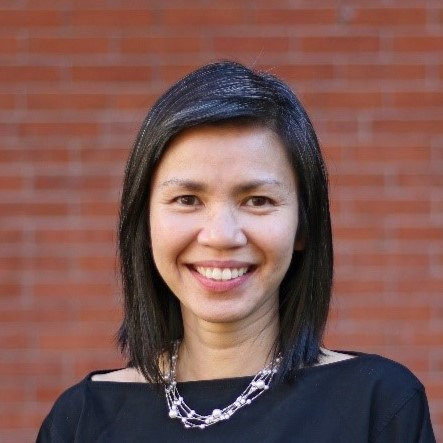 PhuongThao Le, Ph.D., M.P.H., Assistant Professor of Community Health Sciences
PhuongThao Le, Ph.D., M.P.H., Assistant Professor of Community Health Sciences
Boston University School of Public Health
PhuongThao Le, Ph.D., M.P.H., is an Assistant Professor of Community Health Sciences at Boston University School of Public Health. Her research focuses on examining mental health and sociocultural issues to inform the design, implementation, and evaluation of health programs and policies among marginalized populations globally. She has worked on several NIH- and foundation-funded projects on topics such as cancer health disparities, human trafficking, migration, maternal and child health, and task-sharing mental health interventions in low- and middle-income countries. Dr. Le serves as Principal Investigator for several psycho-oncology research studies, including an ongoing Fogarty/NIH K01 study to adapt and pilot a group-based stress management intervention among breast and gynecologic cancer patients in Vietnam.
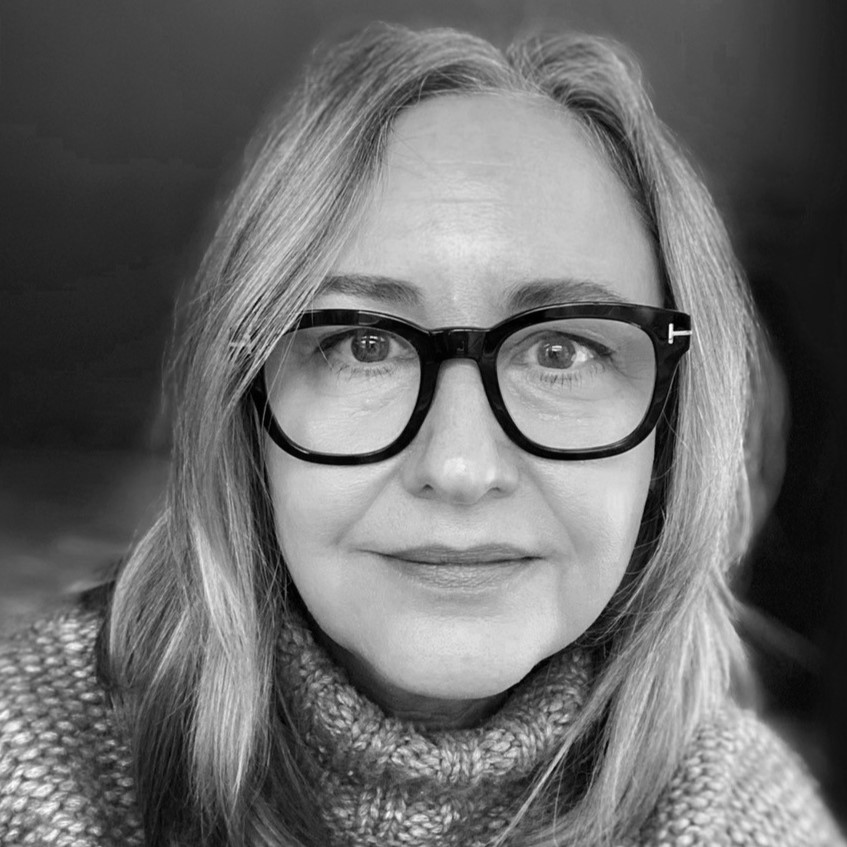 Carolyn Taylor, Executive Director
Carolyn Taylor, Executive Director
Global Focus on Cancer
Carolyn Taylor, Founder and Executive Director of Global Focus on Cancer (GFC), is a global advocate and leader in supportive cancer care, committed to addressing disparities and improving outcomes for people with cancer in low-resource settings. GFC’s programs, including the NIH-validated Stronger Together Peer Support Program, have impacted thousands of patients and serve as scalable models for addressing psychosocial needs in diverse settings.
Ms. Taylor is deeply involved in global research and policy. She serves as Commissioner for The Lancet Global Health Commission on People-Centered Care for Universal Health Coverage and as a contributing author to The Lancet Commission on Women, Power, and Cancer. She also advises the WHO Global Breast Cancer Initiative, contributing to technical guidance for advancing cancer care in Africa. Ms. Taylor co-founded and co-chairs the Southeast Asia Breast Cancer Symposium (SEABCS), a key regional platform for addressing cancer challenges, and serves on multiple committees and advisory boards, including the WHO Symposium on Meaningful Engagement, the Global Initiative to Advance Cancer Navigation for Better Outcomes, and the Asia Pacific Oncology Alliance. She also serves on the Editorial Board for The Journal of Cancer Survivorship Research and Care. She has contributed to high-impact publications, including The Lancet and Nature Reviews Clinical Oncology, focusing on ensuring cancer policies and programs address real-world barriers faced by patients.
Abstract
This seminar will discuss the development and pilot study of the Stronger Together program, which is designed to promote one-on-one peer support for newly diagnosed cancer patients in low-resource settings. Dr. Huong, Dr. Le, and Ms. Taylor will provide an overview of the challenges and unmet needs for psychosocial support in Vietnam's cancer care system; review the design and results of the pilot study in four hospitals in Vietnam; and present the Stronger Together Toolkit, a comprehensive resource designed to scale and replicate the Stronger Together program in diverse settings.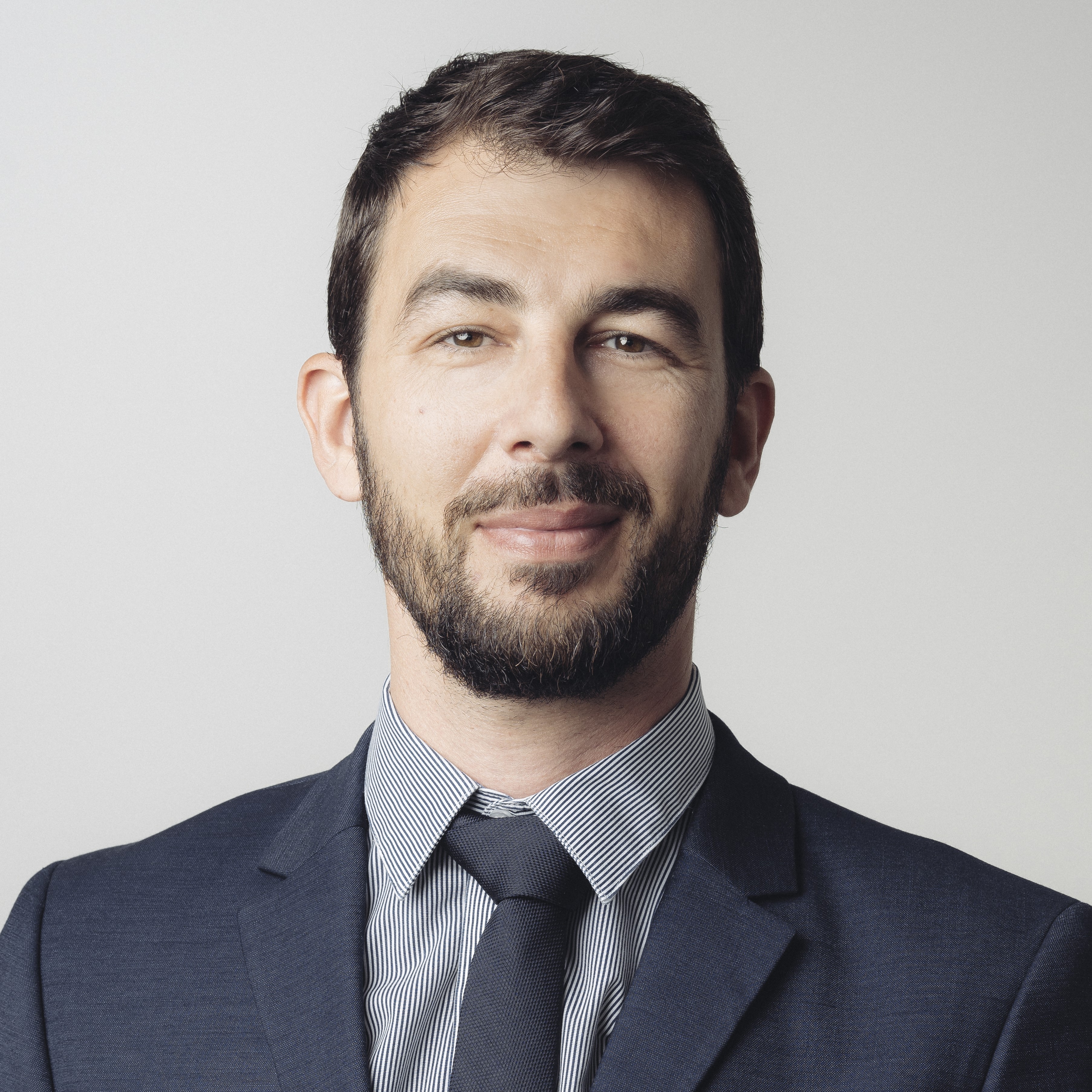 Yannick Romero, Ph.D., Senior Knowledge and Advocacy Manager
Yannick Romero, Ph.D., Senior Knowledge and Advocacy Manager
Union for International Cancer Control
Yannick Romero, Ph.D., is the Senior Knowledge and Advocacy Manager within the Knowledge, Advocacy, and Policy team at the Union for International Cancer Control. Dr. Romero’s work primarily focuses on developing and gathering evidence-based information for global tobacco control. He also leads the Lung Cancer Collaboration Secretariat. Dr. Romero is dedicated to national cancer control planning, analyzing and evaluating countries' cancer plans in the frame of the International Cancer Control Partnership. Over the past decade, Dr. Romero has worked with diverse stakeholders throughout the fields of oncology, communicable diseases, and genetics. He earned his Ph.D. in molecular and cellular biology from the University of Geneva Medical School.
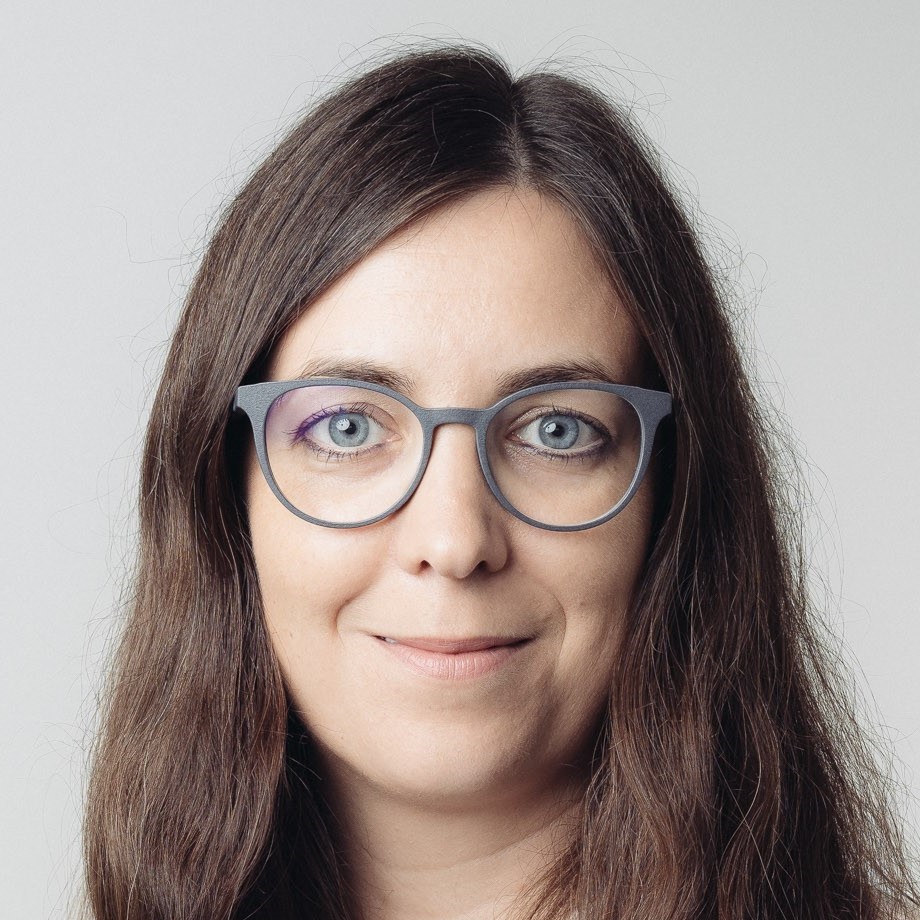 Zuzanna Tittenbrun, M.Sc., M.A., Global Resources Manager
Zuzanna Tittenbrun, M.Sc., M.A., Global Resources Manager
Union for International Cancer Control
Zuzanna Tittenbrun, M.Sc., M.A., is a Global Resources Manager with the Knowledge, Advocacy, and Policy team at the Union for International Cancer Control (UICC). Ms. Tittenbrun works in the area of cancer staging, managing UICC’s flagship Tumor, Node, Metastases (TNM) Project, which publishes the TNM Classification of Malignant Tumours. She also works in cancer control planning, managing a web portal for the International Cancer Control Partnership, which serves as a repository of publicly available national cancer control plans. Before joining UICC, Ms. Tittenbrun worked for the Nobel Peace Prize–winning Cluster Munitions Coalition of the International Campaign to Ban Landmines, coordinating civil society’s presence in the humanitarian disarmament arena. She holds a Master of Arts in cultural studies and foreign languages and a Master of Science in global health policy from the London School of Hygiene & Tropical Medicine.
Abstract
The global cancer control landscape continues to change rapidly — seeing progress and challenges in research, treatment, and policy. This seminar will offer a summary of the International Cancer Control Partnership's 2023 global review of national cancer control plans, highlighting the methodology, major findings, and key trends in cancer prevention, early detection, treatment, and survivorship worldwide.2024
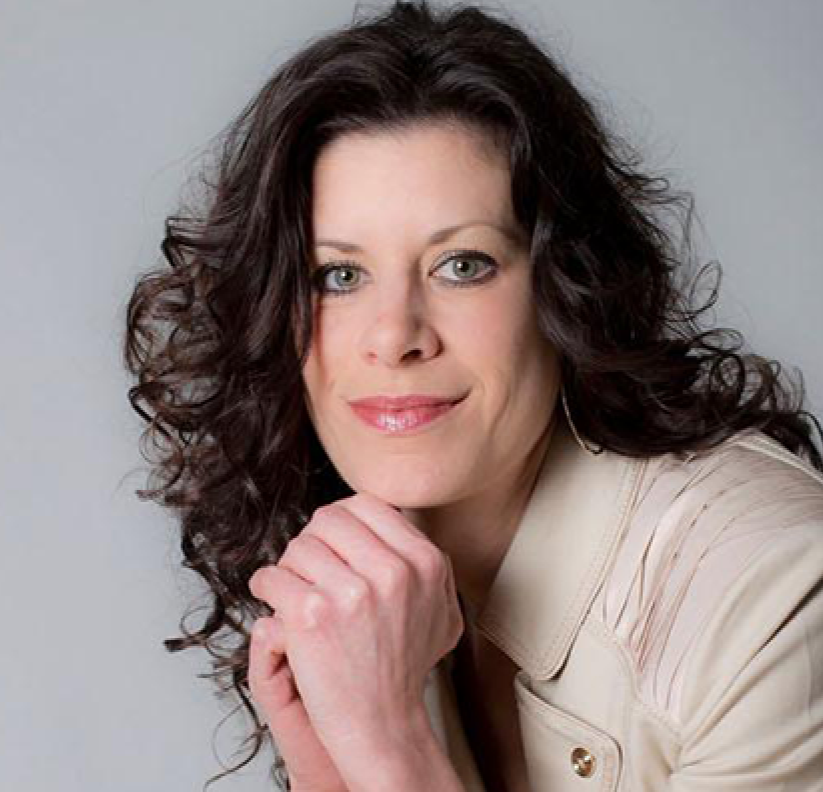 Carla Berg, Ph.D., M.B.A., Professor
Carla Berg, Ph.D., M.B.A., Professor
George Washington University Milken Institute School of Public Health
Carla J. Berg, Ph.D., M.B.A., is a Professor in the Department of Prevention and Community Health at George Washington University's (GW) Milken Institute School of Public Health and the Associate Center Director for Population Sciences and Policy at the GW Cancer Center. Dr. Berg’s research focuses primarily on socio-structural determinants of health, particularly as they relate to NCD prevention and control and related disparities. In particular, her research examines tobacco and cannabis use in the context of related policies and marketing influences; policy adoption, implementation, and evaluation; and developing and testing scalable interventions to reduce NCD risk and related burdens.
Abstract
In this seminar, Dr. Berg will discuss the execution and results of two NIH-funded studies in Armenia and Georgia, testing 1) the effects of local coalitions to promote smoke-free air policies and compliance in 14 communities; and 2) the adaptation and implementation of an evidence-based smoke-free homes intervention, disseminated via local coalitions and national quit lines. This session will also describe how this research has integrated research capacity building through grants and related training programs focused on non-communicable disease (NCD) prevention in Armenia and Georgia.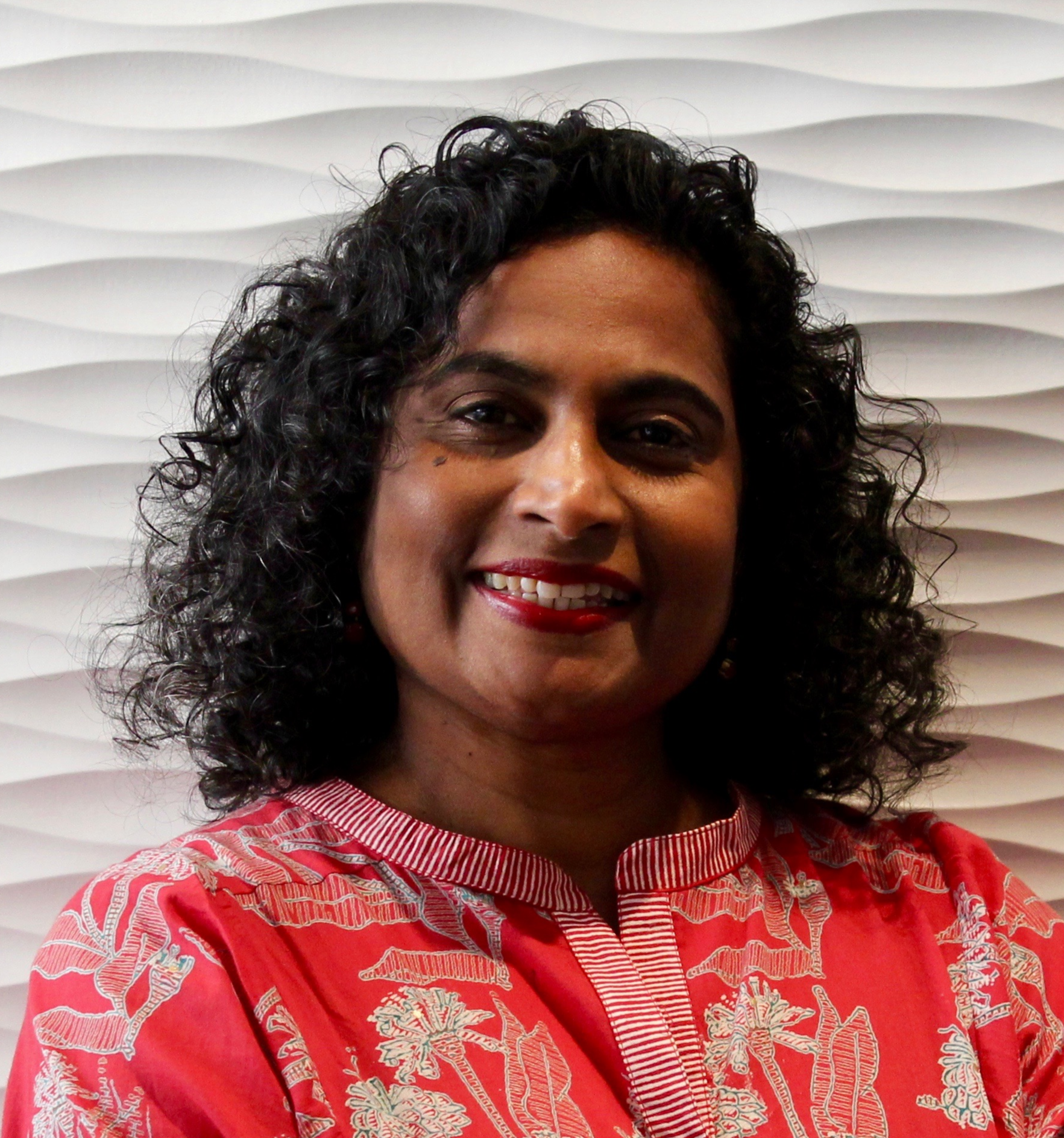 Jennifer Moodley, M.B.Ch.B., M.Med., Ph.D., Director, Cancer Research Initiative
Jennifer Moodley, M.B.Ch.B., M.Med., Ph.D., Director, Cancer Research Initiative
University of Cape Town
Jennifer Moodley, M.B.Ch.B., M.Med., Ph.D., is the Director of the Cancer Research Initiative at the University of Cape Town and co-Director of the African aWAreness of CANcer and Early Diagnosis (AWACAN-ED) program. Prof. Moodley is a Public Health Medicine Physician with expertise in health systems research, epidemiology, advocacy, and public policy development. She has worked as a clinician in rural and urban healthcare settings and has first-hand experience of the challenges in providing healthcare in resource-constrained environments. She has been involved in the development and implementation of diverse public health programs and policies; conducted health systems research to support national and provincial public health objectives; and mentored under- and post-graduates to meet similar responsibilities. Prof. Moodley’s research focuses on primary and secondary cancer prevention and improving pathways to cancer diagnosis and care. She values the importance of multi-disciplinary teams in addressing public health issues and is committed to social development and translating research into policy and practice.
Abstract
In this seminar, Professor Moodley will focus on the early recognition and management of individuals with possible cancer symptoms. The presentation will draw on findings from the African Women Awareness of Cancer (AWACAN) project and AWACAN-ED program.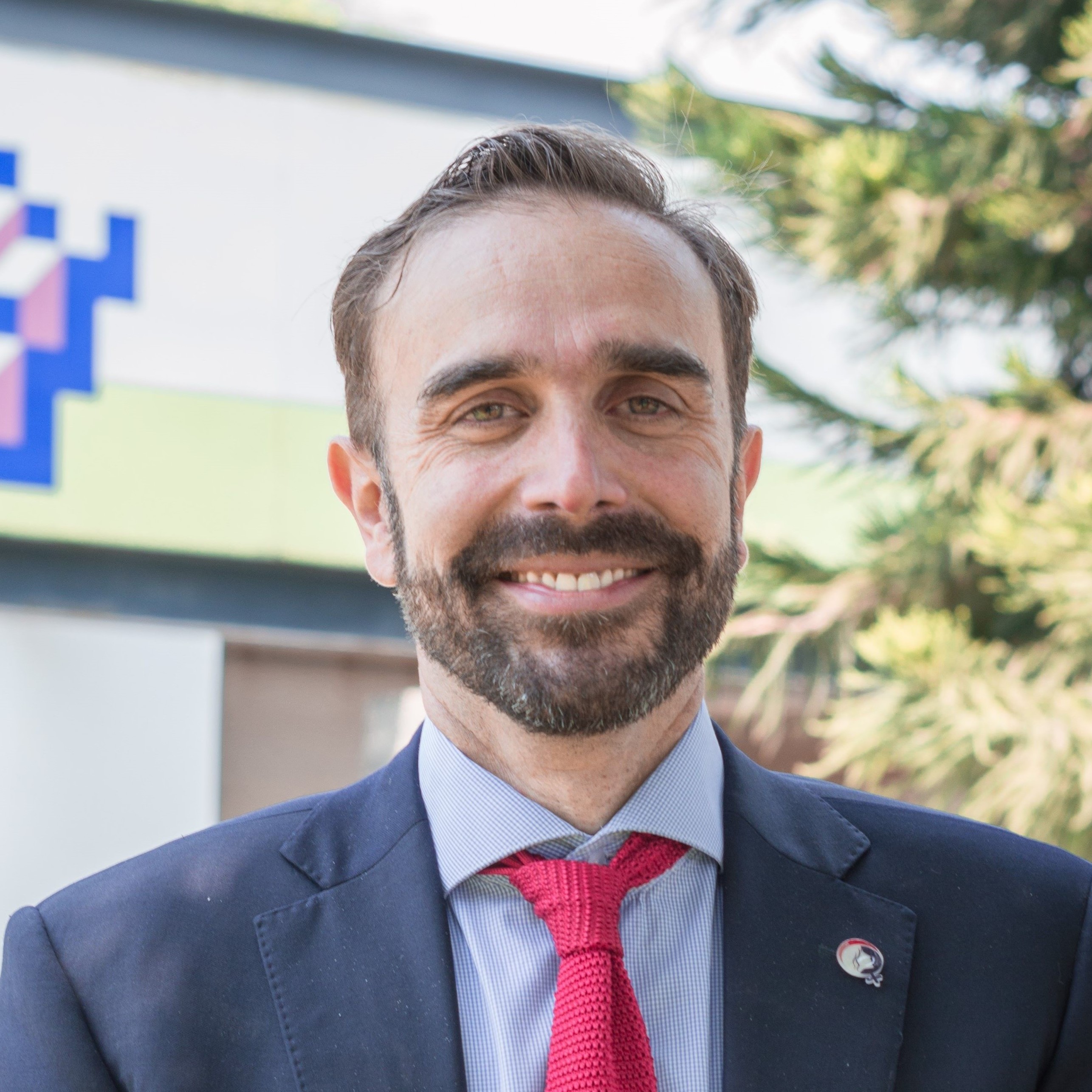 Martin Lajous, M.D., Sc.D., Faculty-Researcher
Martin Lajous, M.D., Sc.D., Faculty-Researcher
Instituto Nacional de Salud Pública
Martin Lajous, M.D., Sc.D., is a medical doctor and cancer epidemiologist at the National Institute of Public Health (INSP) in Mexico. Dr. Lajous received his medical degree from the National Autonomous University of Mexico and Master’s and Doctoral degrees in epidemiology from the Harvard T.H. Chan School of Public Health. Dr. Lajous acts as a Faculty-Researcher at INSP in Mexico since his appointment in 2004. In addition, he is an adjunct professor at the Harvard T.H. Chan School of Public Health. At INSP he helped design and develop the Mexican Teachers’ Cohort (MTC) and now serves as its principal investigator. MTC has since become part of the U.S. National Cancer Institute’s (NCI) Cancer Cohort Consortium. Dr. Lajous teaches courses at INSP on cancer epidemiology, causal inference (methodologies and strategies that allow researchers to draw causal conclusions based on data), and implementation science. His research interests are cancer epidemiology and implementation of cancer prevention and control programs.
Abstract
In this seminar, Dr. Lajous will review how researchers at INSP, as well as other institutions in Mexico, are tackling the burden of gynecologic, breast, colorectal, and liver cancers through epidemiologic research and program development.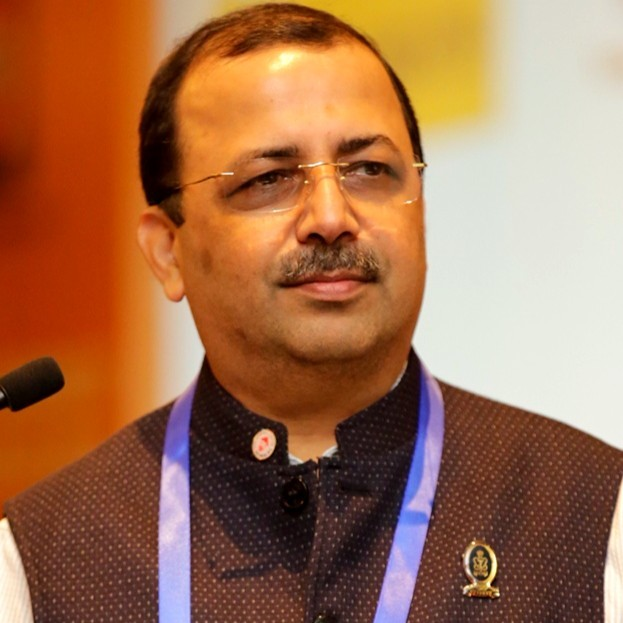 Gaurav Narula, M.D., D.N.B., Professor of Pediatric Oncology & Health Sciences
Gaurav Narula, M.D., D.N.B., Professor of Pediatric Oncology & Health Sciences
Tata Memorial Centre
Gaurav Narula, M.D., D.N.B., is a Professor of Pediatric Oncology & Health Sciences at the Tata Memorial Centre (TMC) and Homi Bhabha National Institute in Mumbai. He graduated from the Armed Forces Medical College in Pune in 1987, and later completed his M.D. in pediatrics from the same institution in 1995. Followed by a Fellowship in hematology oncology from Tata Memorial Hospital in 2003. A veteran of the Indian Navy, Dr. (Surgeon Commander) Narula, served for 25 years as a Medical Officer in various Naval ships and hospitals. In 2012, he retired as Professor of Pediatrics & Hematology at INHS Asvini—the Apex referral multi-specialty hospital of the Indian Navy—and joined Tata Memorial Centre in his current appointment. Dr. Narula was convener of the Pediatric Hematolymphoid Group at TMC from 2015-18. This group manages more than 1,200 new cases of children with blood and lymphoid cancers every year. His interests are in immunotherapy and collaborative clinical trials for acute lymphoblastic leukemia (ALL), Hodgkin lymphoma & histiocytosis. He was principal investigator and part of the core team for ICiCLe 1 and 2—collaborative multi-center randomized clinical trials for childhood ALL. He is also Study Chair for a nation-wide multi-center randomized clinical trial in Pediatric Hodgkin lymphoma. Since 2015, Dr. Narula has been collaborating with IIT-B at Mumbai to develop the first CAR T product in India, which is now approved by the Central Drugs Standard Control Organization to ImmunoACT. He was a member of the Clinical Advisory Group for the WHO Classification of Hematolymphoid Tumors (2022) and a co-author in the chapter on histiocytic disorders. He founded the Immuno-Oncology Society of India and serves as Treasurer. Dr. Narula was also the Founder of the Pediatric Hematology Oncology Journal (PHOJ)—the official journal of the PHO Chapter of Indian Academy of Pediatrics and was Editor-in-Chief from its inception in 2015, until 2021.
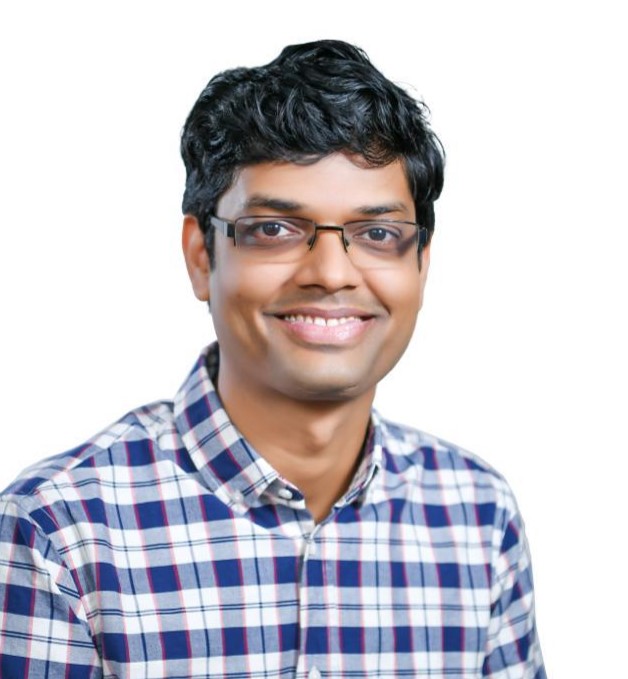 Hasmukh Jain, M.D., D.M., Medical Oncologist
Hasmukh Jain, M.D., D.M., Medical Oncologist
Tata Memorial Hospital
Hasmukh Jain, M.D., D.M., is a Medical Oncologist in the Adult Hematolymphoid and Cell Therapy Unit at Tata Memorial Hospital. Dr. Jain obtained a M.D. in general medicine from Kasturba Medical College and D.M. in medical oncology from Tata Memorial Centre. His primary research focus is acute lymphoblastic leukemia (ALL), Hodgkin lymphoma, cell therapy, and supportive care. He is a clinical primary investigator (PI) on several investigator-initiated trials and was the PI on the clinical trials that led to approval of the first CAR T-cell therapy product in India, in October 2023. His group is now working on ways to improve access of CAR T-cell therapy to Indian patients. Dr. Jain has taken part in numerous national and international conferences as a speaker and expert panelist.
